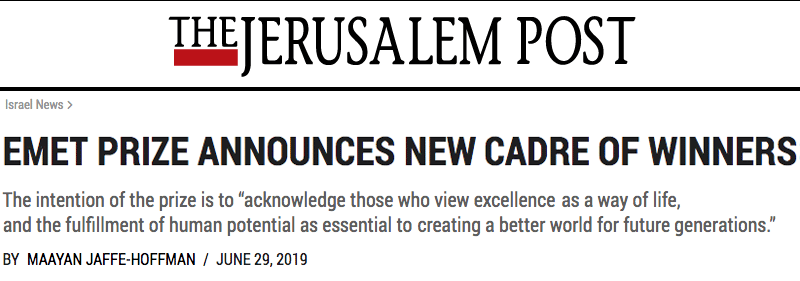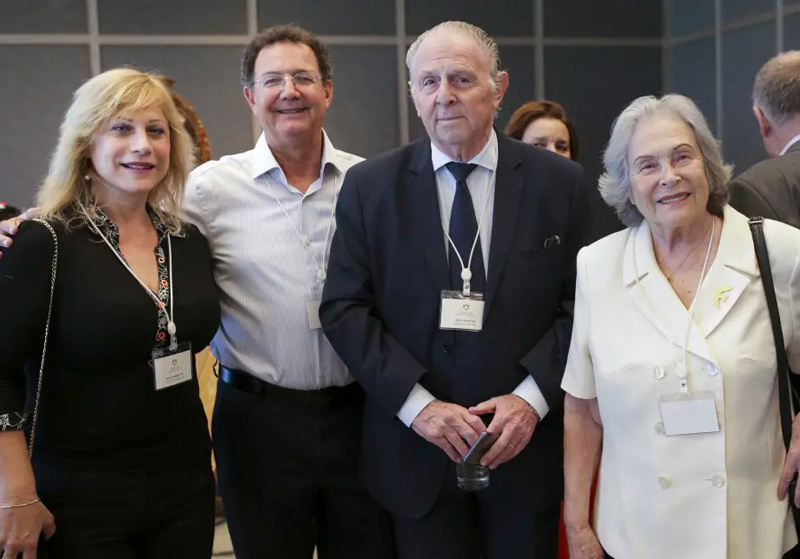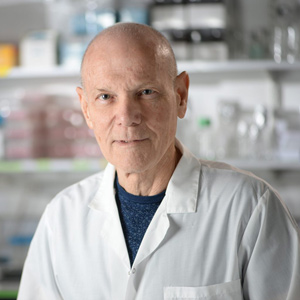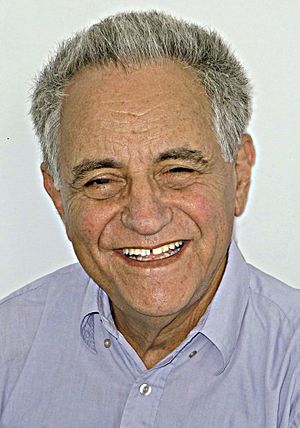

The EMET Prize, awarded for excellence in academic and professional achievements that have far-reaching influence and have made a significant contribution to Israeli society, announced its 2019 winners in five categories: Culture and Art, Exact Sciences, Life Sciences, Social Sciences and Humanities.
The intention of the Alberto Moscona Nissim (A.M.N.) Foundation’s EMET Prize is to “acknowledge those who view excellence as a way of life, and the fulfillment of human potential as essential to creating a better world for future generations,” according to Nissim, who envisioned the prize as the Israeli Nobel. In fact, most Israeli Nobel Prize winners first received the EMET Prize.
So who won this year?
Professors Mordechai Segev and Tsvi Piran in the Exact Sciences category. Segev, the Robert J. Shillman Distinguished Professor of Physics at the Technion, is receiving the award for his research in nonlinear optics. Segev was the first to observe 2D lattice solitons and the first to demonstrate a photonic topological insulator. A soliton is a quantum or quasiparticle propagated as a traveling nondissipative wave that is neither preceded nor followed by another such disturbance.
Piran receives the prize for his research in relativistic astrophysics, which has enabled using astronomical observations to explore physics under extreme conditions that cannot be explored otherwise on earth.

Three scholars share the Life Sciences award: Michal Schwartz, a professor of neuroimmunology at the Weizmann Institute of Science; Yair Reisner, who serves as a scientific consultant at Tissera Inc. and has served as chairman of its Scientific Advisory Board since April 2004; and Yinon Ben-Neriah, a professor at the Hebrew University of Jerusalem.
All three winners focus on different aspect of immunology research. Schwartz developed approaches that utilize the immune system to treat neurogenerative disease, such as Alzheimer’s disease.
Reisner is a renowned expert in transplantation technology. He developed novel tissue precursor regeneration technologies for treating gene deficiencies and diseases necessitating organ transplantation, while minimizing the dosage of immunosuppressive drugs. The implementation of his research has increased the ability to overcome severe side effects of a transplant from a matching donor. And Ben-Neriah developed a new biological drug showing a cure rate of 50% for lab mice with acute myeloid leukemia – one of the most aggressive cancers.
In other areas, such as the social sciences, the prize is being shared by Prof. Azar Gat and Prof. Avner De Shalit.
Gat is receiving the prize for his research into the phenomenon of war, breaking through disciplinary barriers to integrate expertise in the fields of evolution, anthropology, history and social sciences.
Shalit’s research deals with questions of responsibility by this generation for future generations and challenges of poverty and inequality.

Professors Mechal Sobel and Benjamin Z. Kedar share the prize in the Humanities category for their examinations of different periods in ancient and modern history.
Sobel, an associate professor of history at the University of Haifa, is being awarded the prize for her contribution to understanding how blacks, Africans and Afro-Americans deeply influenced white people’s perceptions, values and identity in America’s post-slavery era.
Kedar, of the Hebrew University, has made important contributions to the study of Jewish history and the cultivation of the Land of Israel, among other activities.
Finally, the EMET Prize in the field of Culture and Art goes to Dr. Hannah Amit-Kochavi, who the foundation describes as “transforming the work of translation into a work of art.”
A lecturer at Bar-Ilan University, Kochavi helped create a local familiarity with modern Arabic poetry, drama and plays, in addition to masterpieces of other languages.
EMET Prize selections are made by professional committees in each of the five categories. Winners receive or share the $200,000 awarded in each category, their portion of the $1 million in annual EMET prize money.